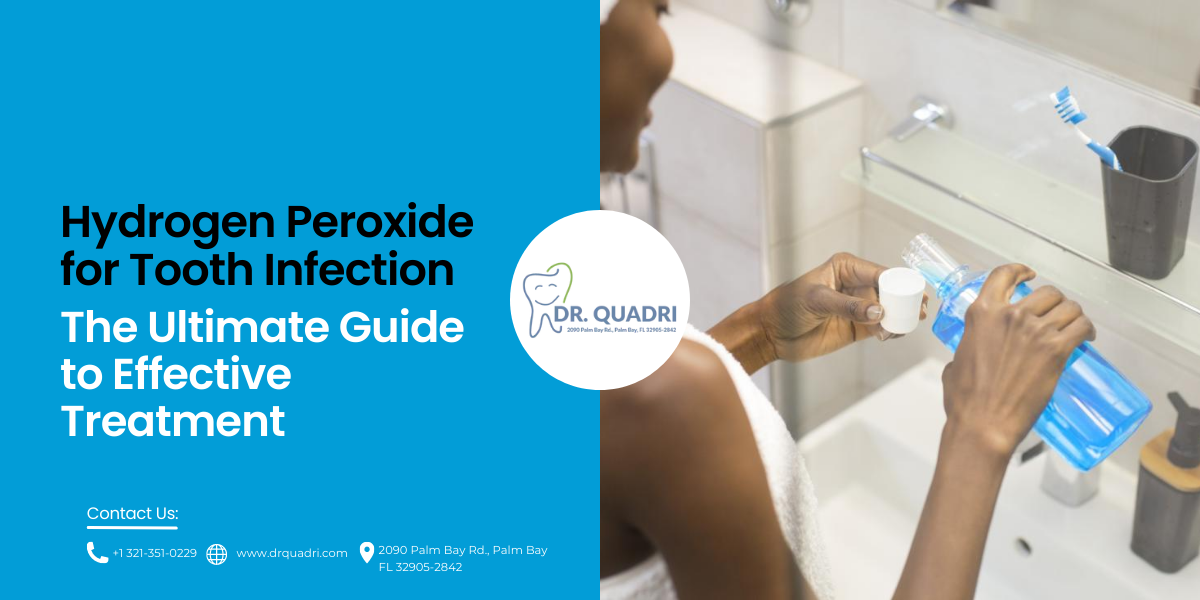Tooth Decay Hydrogen Peroxide

Tooth decay, a pervasive oral health issue, is primarily caused by the action of bacteria on the teeth, leading to the formation of cavities. This process involves the breakdown of food, especially sugars and starches, into acids, which then erode the tooth enamel, creating an environment conducive to decay. Among the various methods explored for preventing or treating tooth decay, the use of hydrogen peroxide has garnered significant attention due to its antimicrobial properties and ability to whiten and clean teeth.
Hydrogen peroxide is a compound made up of hydrogen and oxygen (H2O2), known for its effectiveness as a disinfectant and antiseptic. In the context of oral health, its application can be twofold: as a mouthwash to reduce plaque, bacteria, and gum inflammation, and as an ingredient in tooth whitening products to remove stains and brighten the smile. The use of hydrogen peroxide for oral care can be traced back to its ability to release oxygen when it comes into contact with tissues in the mouth. This released oxygen helps in killing bacteria and other microorganisms, thereby reducing the risk of tooth decay and gum diseases.
Understanding Tooth Decay
Before delving into the role of hydrogen peroxide in preventing tooth decay, it’s essential to understand the process of tooth decay itself. Tooth decay begins with the formation of plaque, a sticky film of bacteria, on the teeth. When we consume sugary or starchy foods, the bacteria in the plaque break down these carbohydrates, producing acids that can damage the tooth enamel. Over time, this repeated acid exposure can lead to the demineralization of the enamel, creating small holes or cavities. If left untreated, these cavities can progress deeper into the tooth, potentially reaching the pulp, which contains nerves and blood vessels, leading to pain and possibly abscesses.
Hydrogen Peroxide in Oral Care
Hydrogen peroxide solutions, typically available in concentrations of 1.5% to 3.5% for over-the-counter products, can be effective in reducing the risk of tooth decay when used as directed. Its mechanism of action involves the release of oxygen free radicals that are toxic to bacteria and other pathogens, thereby reducing the microbial load in the mouth. Moreover, hydrogen peroxide can help in loosening and removing plaque and debris from the teeth, further contributing to the prevention of tooth decay.
Applications of Hydrogen Peroxide
Mouthwash: Hydrogen peroxide mouthwashes can be used to rinse the mouth, helping to kill bacteria and reduce plaque and gum inflammation. It’s recommended to swish the solution around the mouth for about 30 seconds before spitting it out, but it’s crucial to follow the instructions carefully to avoid overuse, which can lead to tooth sensitivity or gum irritation.
Tooth Whitening: Hydrogen peroxide is a key ingredient in many tooth whitening products, including professional bleaching treatments and at-home whitening strips. Its ability to penetrate the tooth enamel and break down stains makes it effective in achieving a brighter smile.
Gingivitis Prevention: Regular use of hydrogen peroxide mouthwash can also help in preventing gingivitis, an inflammation of the gums that can lead to more severe gum diseases if not treated.
Safety Considerations
While hydrogen peroxide can be a valuable addition to an oral care routine, its use must be approached with caution. Concentrations that are too high can lead to gum irritation, tooth sensitivity, and even damage to the tooth enamel. It’s essential to follow the product’s instructions and consult with a dental professional before starting any new oral care products, especially if considering higher concentrations of hydrogen peroxide for more severe issues.
Conclusion
In the quest to prevent tooth decay and maintain optimal oral health, the strategic use of hydrogen peroxide can be a beneficial adjunct to regular brushing, flossing, and dental check-ups. By understanding its applications, benefits, and potential risks, individuals can harness the power of hydrogen peroxide to enhance their oral hygiene routine. However, as with any health-related intervention, it’s crucial to approach its use with informed caution, ensuring that its benefits are maximized while minimizing potential drawbacks.
Can hydrogen peroxide prevent tooth decay?
+Hydrogen peroxide can help reduce the risk of tooth decay by killing bacteria and reducing plaque, but it should be used as part of a comprehensive oral care routine that includes regular brushing, flossing, and dental visits.
How often should I use hydrogen peroxide mouthwash?
+The frequency of using hydrogen peroxide mouthwash depends on the product’s concentration and your specific oral health needs. Always follow the product’s instructions and consult with a dentist for personalized advice.
Are there any risks to using hydrogen peroxide for oral care?
+Yes, using hydrogen peroxide in concentrations that are too high or for extended periods can lead to tooth sensitivity, gum irritation, and damage to tooth enamel. It’s essential to use it as directed and consult a dentist if you have any concerns.

